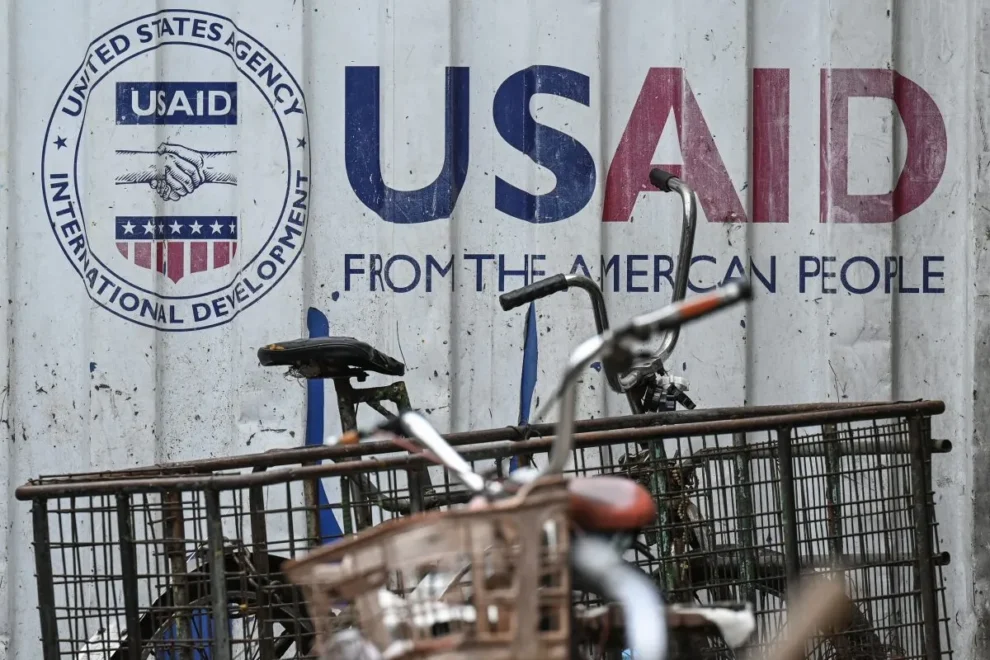President Trump’s executive order on foreign aid, and Secretary of State Marco Rubio’s suspension of the U.S. Agency for International Development, has been greeted with a mix of alarm and despondency. Experts have decried the move as undermining American soft power during a time when Washington faces the challenge of curtailing China and Russia in Africa. Others have suggested that shuttering USAID, apart from signaling that the U.S. can’t be trusted to honor its commitments, would drive allies toward deals with American adversaries.
These apprehensions are justified. The $72 billion that the U.S. reportedly disbursed in fiscal 2023 alone may be a drop in the bucket of America’s annual budget, but the money goes a long way in communities where lives are on the line and in places where humanitarian assistance has become a staple.
Nonetheless, it would seem that Mr. Trump has unintentionally emerged as a ventriloquist for many of the concerns ordinary Africans, especially entrepreneurs, have expressed about foreign aid. One such concern is that by creating and stoking a culture of dependency, foreign aid stymies local initiative. Further, by giving ordinarily unaccountable state actors unfettered access to large sums outside their conventional means, foreign aid strengthens the hands of kleptocratic regimes, making aid, in the ultimate paradox, anti-democratic. In 2023 alone, Nigeria and Somalia reportedly received $1 billion each. Total aid to Africa since 1960 is estimated to be more than $2.6 trillion, according to the African Energy Chamber. It is only fair to ask how the money has been spent.
An even more devastating criticism is directed against donor-supported civil society organizations, accused of being nothing more than urban creations with no organic connection to lived experience. Or scholars accuse them of being “briefcase” entities or “side hustles” created by powerful government officials. Either way, the organizations steal the thunder of legitimate community-based organizations.
Well-targeted aid remains essential for impoverished nations, and a total freeze by government may be counterproductive to American interests in the long run. But in the short term, Mr. Trump has done Africa a favor by forcing a much-needed debate on the region’s consistently poor record of governance and the role of foreign aid in its chronic underdevelopment.















